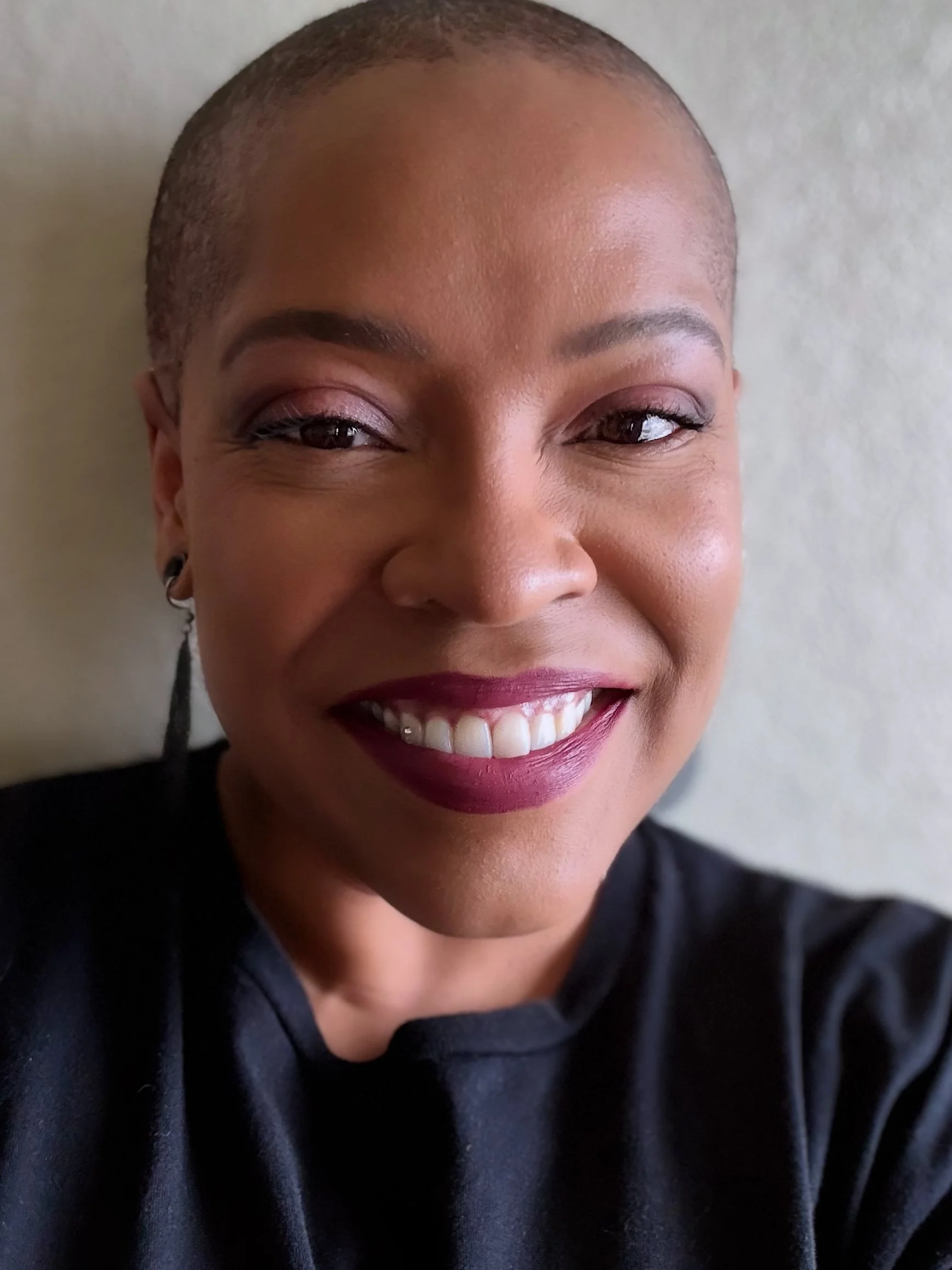The Sergeant’s Daughter | Through the Viewfinder Chapter One
Chapter One
Through the Viewfinder
The first time I saw my father cry, he was standing behind his camera.
Not in front of it, never that. In front of it he was stone—shoulders drawn back, eyes hawk-sharp, chin tucked like the military taught him. But behind it, something softened. It wasn’t weakness. It was recognition. Like the lens let him see the world clearly enough to be moved by it.
I must’ve been nine, maybe ten. I wasn’t supposed to be in the garage studio, but I knew where he kept the spare keys. The smell of fixer and dust, of worn leather and smoked film canisters, pulled at me like thread through a needle. He stood there in the blue morning light, staring through the viewfinder at a photograph he hadn’t yet taken. That’s when it happened—a drop of water down his cheek, as quiet as breath. I didn’t make a sound. I just watched him.
Later, I would come to understand: the viewfinder was his way of holding the world without letting it touch him. But for a second that morning, it touched back.
My mother made dresses that clung to women like they were born in them. She stitched magic into every seam, turned secondhand fabric into gowns that graced runways and baptisms alike. Her machine hummed all night, the pedal keeping time like a metronome. I learned rhythm from her, not music—but muscle memory. She never taught me how to sew, not really. She said my hands were made for something else.
“You see the world in pictures, not patterns,” she told me once, as she fed satin through the needle. “Your father’s daughter.”
That used to sting more than it should have.
My brother—always the navigator. Even before the Navy. Even before he disappeared into his uniform and rose to the rhythm of someone else’s orders. He could read maps like they were love letters. Always knew which way was north. I used to think he left because he didn’t love us. But that wasn’t true. He left because he needed a map, and none of us could give him one.
When I was fifteen, the neighbors whispered. A girl like me, soft-spoken but too sharp in the eyes—surely I was hiding something. Surely there was a secret swelling beneath my clothes. But I wasn’t pregnant. I was restless. Pregnant with ambition, maybe. With questions. With colors no one else could see yet.
Some stories begin in war zones, in church pews, in small towns with big lies. Mine begins with a camera. Not my father’s Leica, though I inherited it eventually. My own. A cheap plastic thing from a thrift store, the lens scratched and the battery door taped shut. But when I looked through it, the world shifted. The light bent toward me. Shadows obeyed. For a moment, I wasn’t just the daughter of a seamstress and a sergeant. I was the observer. The archivist. The one who could tell the truth, even if I had to dress it in fiction.
And so I started photographing ghosts. My father’s hands. My mother’s sighs. The silence in the house after my brother shipped out. I didn’t know it yet, but I was already telling our story.
The one where the daughter doesn’t follow orders, but still listens.
Where the father isn’t a villain, but a man with too much stillness in his bones.
Where the family isn’t broken—just paused, waiting to be seen.
Through the viewfinder, I found them again.
And that’s where this story begins.
I am the author of my own story.
Welcome
